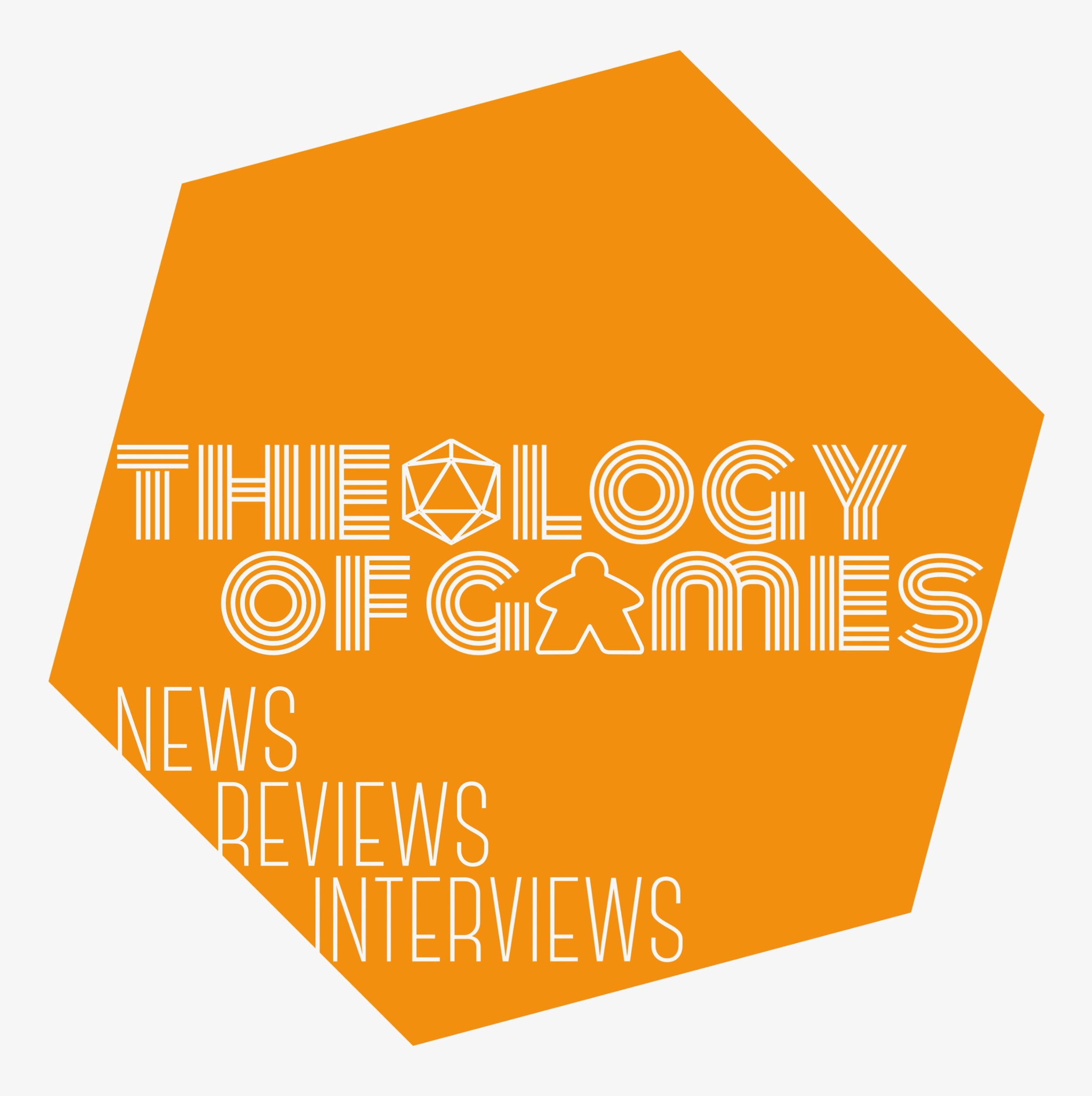Plucking Out the Eye of Ra--A Review of Pyramix
/The hot sun beats down, and the sand whips around your face--blinding you. As you make your way forward, guided only by instinct and a sense of adventure, you reach out, hoping to finally take hold of the fabled Cube of Ra. Instead, you feel an intense pain, and realize you've been bitten by a cobra. Your last thought is of missed glory, as the darkness overwhelms you like a wave...
Pyramix is an abstract cube-grabbing game from Gamewright. Let's find out what we thought about it.
The Components
- 56 cubes: These aren't dice. They have the same image on all four sides. There four colors, and each has the same distribution of 8 ankhs, 4 cranes, and 1 eye. There are also 4 cobras.
- 1 cube tray
The Setup
Using the cube tray, randomly stack all of the cubes into it, forming a pyramid.
The Gameplay
In turn, each person will remove one cube from the pyramid and place it down in front of themselves. There are a few removal rules.
- You can only remove a cube that has 2 or 3 sides exposed.
- You cannot remove a cube if it would expose the base tray.
- You cannot remove a cube that's touching a cobra cube on a flat side.
If there's a legal cube to take, you must take it. Yes, this means that sometimes people are forced to take a cobra. This continues until there is only one layer left on the base tray.
If there are any cobras left in the tray, remove them--along with any cubes adjacent to the cobra cube. Then everyone sorts their cubes by color, and compares the number of ankhs they have of each color with other players. Whichever player has the most ankhs in each color gets to take the remaining cubes of that color on the tray. If there's a tie. no one gets the remaining cubes.
Then everyone adds up the cubes. Each eye is worth 3 points, crane is worth 2 points, and ankh is worth 1 point. Whoever has the most points wins.
The Verdict
This is an excellent family game. The first time we played, the kids (and Mom!) immediately wanted to play again. And then again. The game plays in 10 minutes, so it's easy to string a few games together without taking up the whole night.
As you grab cubes, others slide down, revealing new cubes and opportunities. You never know what's coming, so it makes for a different game every time.
The best part (for me) is that there are actual decisions to make here. You can see what cubes and colors other players have, so you have to decide if you're going to fight her for green, or start grabbing orange for yourself. And you have to decide if you're going to go for higher-valued cubes, or grab ankhs so you can get the ones left over on the base at the end. And, thanks to those rotten cobras, there might be very few points on that base at the end. Or none in your color. I felt that I had a meaningful decision each turn, right up until the end of the game, when your choices narrow somewhat.
Now, I don't want to confuse people: This is a light game. There's only one, simple thing to do each turn. But as light, family games go, this one is very good.
Pyramix has a visual "wow" factor. The pyramid just catches the eye, and you could leave this set up on a table and people would definitely ask about it. The cubes are pretty good quality, though I think plastic ones would have slid a bit better.
The Final Verdict
This light abstract is more than it first appears. If you're short on time, or want something to play while talking or watching Stargate, this would be a fine choice. And it's a very good choice for families, as it plays quickly, is easily taught, and provides real decisions.
Theology of Games would like to thank Gamewright for providing a review copy of Pyramix. This in no way affected my opinion on the game.
Thanks for reading!
Title - Pyramix
Designer - Tim Roediger
Publisher - Gamewright
Number of players - 2-4
Ages - 8 and up (We played with my 6-year-old, and though he kept insisting on taking the cobras, he did fine.)
Play time - 15 Minutes (That might actually be overestimating.)
Category/Genre - Abstract strategy
Pros:
- Visually appealing.
- Nongamer and family friendly.
- The state of the pyramid changes with every turn.
- Plays quickly.
- Offers real decisions without the brain-burny-ness of most abstracts.
Cons:
- There's not a lot of depth, especially compared to other abstract games.
Good for...
Family? Yes!
Youth Group? Maybe! Might be good for a small group.
- Gamers? probably not! I think it's just oo light.
- Nongamers? Yes! This game is completely approachable.
Rating:
* Firestone: 7.5
This was a big hit with the whole family. What more do I want from a game?

















